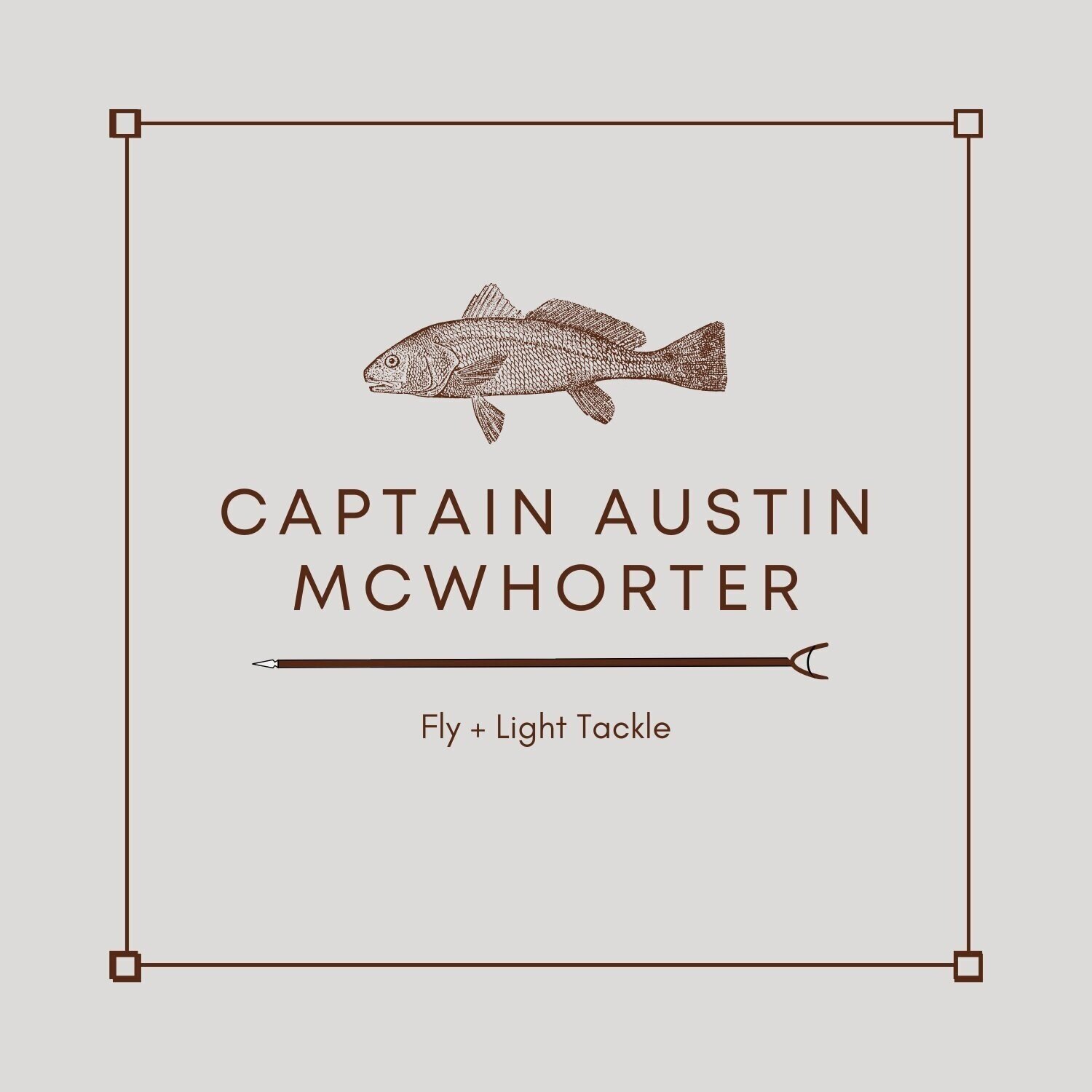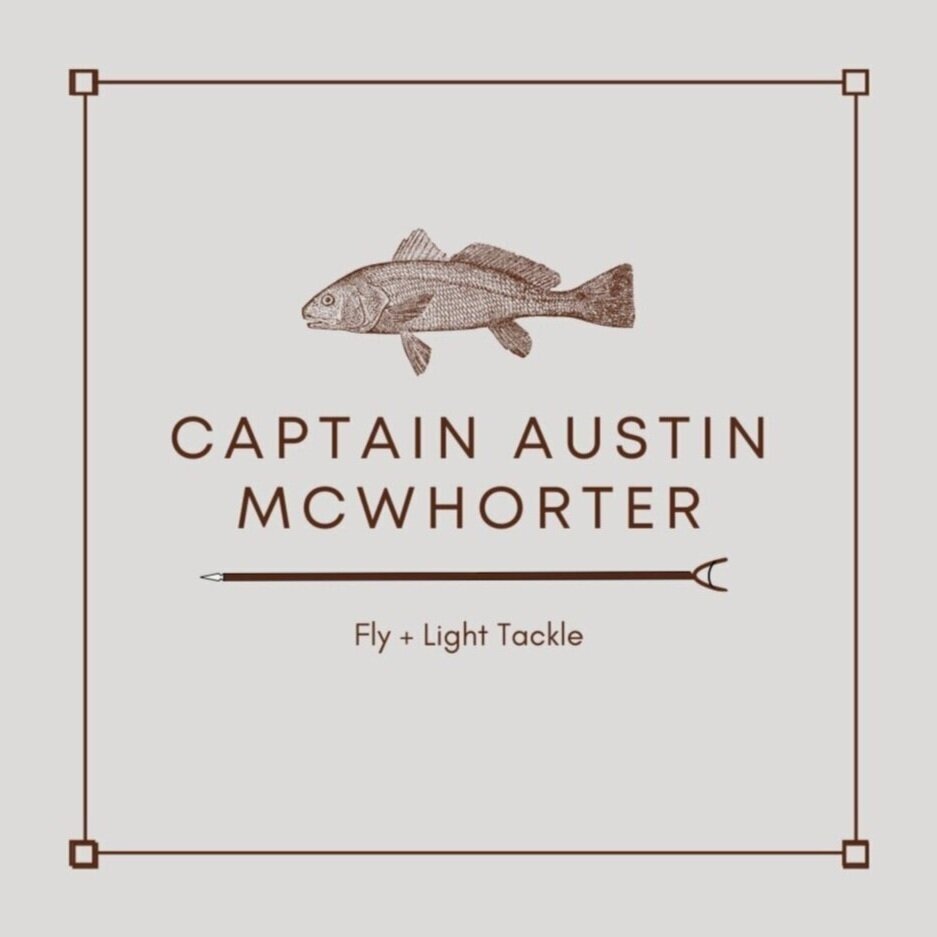How to Find the Right Tampa Fly Fishing Guide for a Spring Tarpon Fishing Trip
Planning a spring tarpon fly fishing trip in the Tampa, Old Tampa Bay, and Clearwater areas is an exciting prospect. This part of Florida is renowned for its incredible tarpon fishing, particularly in the late spring months when the waters are teeming with these powerful fish. However, choosing the right Tampa fly fishing guide can make all the difference in your experience. Here’s our recommendations on what to look for to help you find the perfect guide for your spring tarpon adventure.
1. Experience and Expertise in Tarpon Fly Fishing
When it comes to tarpon fly fishing, experience matters. Tarpon are notoriously tough to catch, and an experienced guide will know the specific habits, patterns, and hot spots of these fish during the spring migration. Look for guides who specialize in tarpon fly fishing in the Tampa and Clearwater areas and have years of experience in guiding.
Tip: Check their fishing charter website or reviews for mentions of tarpon fishing success. A guide who has plenty of happy clients is more likely to know what they’re doing.
2. Local Knowledge
Fishing for tarpon in the Old Tampa Bay and Clearwater areas can be different from fishing elsewhere in Florida. Local knowledge is key to understanding tidal movements, water clarity, and specific tarpon behavior. A guide with deep roots in the area will know which flats, channels, and passes are most productive at different times of day and tide cycles.
Tip: Ask potential guides about their experience fishing in specific locations, such as the Sunshine Skyway, Courtney Campbell Causeway, or the passes near Clearwater.
3. Boat and Gear Quality
Fly fishing for tarpon demands specialized equipment and a well-maintained boat that can handle the shallow waters of Tampa Bay and the flats around Clearwater. A quality guide will have high-end fly rods, reels, and lines suited for casting heavy tarpon flies and fighting large fish.
Tip: Inquire about the type of gear they provide and whether it’s included in the cost. Some guides also offer the option to bring your own equipment if preferred. Here’s what we recommend for what fly rod to use in Tampa.
4. Patience and Teaching Ability
Tarpon fly fishing requires skill and precision. If you're new to the sport or even just new to tarpon, you'll want a guide who is not only skilled but also patient and a good teacher. A guide should be able to help you fine-tune your casting, explain tarpon behavior, and provide guidance on handling the rod during a fight.
Tip: Look for reviews or testimonials from previous clients, especially those who mention learning experiences or first-time successes. If you're a beginner, this is crucial to ensure you get the most out of your trip.
5. Understanding Seasonal Timing
Spring is a prime time for tarpon fishing, but knowing the exact timing of the migration is critical. The best guides are keenly aware of when the tarpon arrive, how long they stay, and where to find them in the Tampa Bay area.
Tip: Ask your guide about their knowledge of the migration and their approach to fishing for tarpon in April, May, and early June. This will help you align your trip for the best chance of success.
6. Safety and Licensing
Safety should always be a top priority on any fishing charter. Make sure your guide is fully licensed and insured, and inquire about their safety protocols. Additionally, it's a good idea to check that their boat is equipped with all necessary safety gear, including life jackets and communication devices.
Tip: Verify their certifications, and don’t hesitate to ask about their safety record.
7. Charter Structure and Pricing
Guides in the Tampa Bay and Clearwater areas typically offer half-day or full-day charters, but the right trip depends on your goals and budget. A full-day trip might give you more chances to encounter tarpon during peak feeding times, while a half-day trip might be ideal if you’re looking for a shorter adventure.
Tip: Ask what’s included in the charter price, such as licenses, equipment, snacks, and water. Be clear on the total cost to avoid any surprises.
8. Reviews and Recommendations
One of the best ways to assess the quality of a fishing guide is through reviews and recommendations. Look for consistent positive feedback about their ability to find fish, provide excellent service, and create memorable experiences.
Tip: Online forums, fishing groups, or social media pages for Tampa-area fly fishing can offer valuable insights and suggestions for trustworthy guides.
9. Personal Compatibility
Spending hours on a boat with someone means you’ll want to ensure your fishing guide has a personality and teaching style that fits your needs. Some anglers prefer a laid-back guide, while others appreciate someone more detail-oriented and focused on technique.
Tip: When booking, take the time to chat with your guide on the phone or via email to get a feel for their approach and personality.
Final Thoughts
Choosing the right Tampa fly fishing guide for your spring tarpon trip can make all the difference between a memorable experience and a frustrating one. Look for experience, local knowledge, patience, and the ability to teach, while also considering your own preferences for the trip. With the right fishing guide, you'll be well on your way to hooking into one of the most powerful and exciting fish on the planet—tarpon. We offer year-round guided fly fishing trips for tarpon, redfish, snook, & more. Contact Captain Austin McWhorter for seasonal information and reserving your charter.




